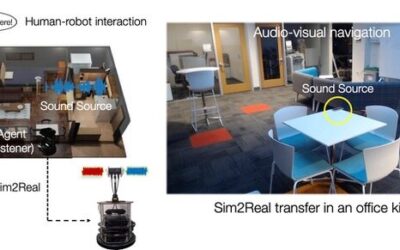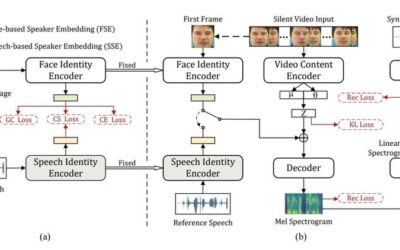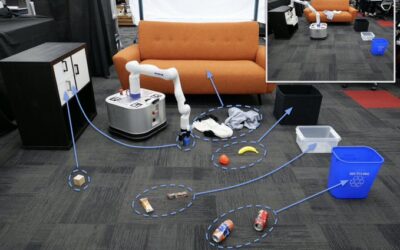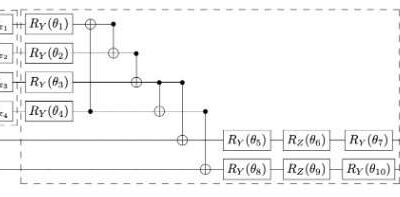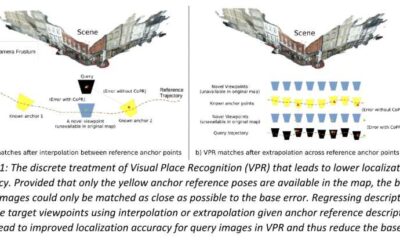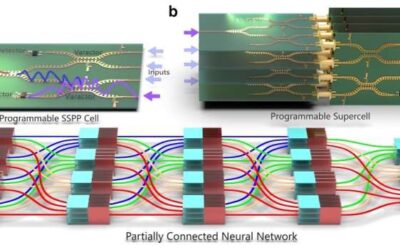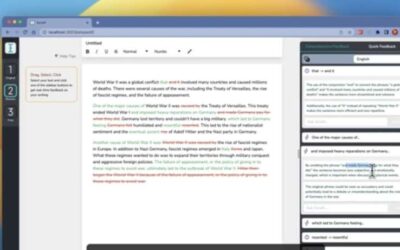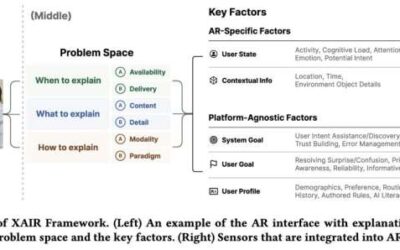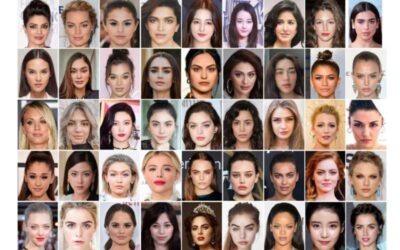AI-powered robots have become increasingly sophisticated and are gradually being introduced in a wide range of real-world settings, including malls, airports, hospitals and other public spaces. In the future, these robots could also assist humans with house chores,...
Machine learning & AI
A model that can create synthetic speech that matches a speaker’s lip movements
Machine learning models can help to solve several real-world problems faster and more efficiently. One among these problems involves synthesizing speech for both animated characters and human speakers based on the movements of their lips.
Teaching robots to tidy up based on user preferences using large language models
Different people tend to have unique needs and preferences—particularly when it comes to cleaning or tidying up. Home robots, especially robots designed to help humans with house chores, should ideally be able to complete tasks in ways that account for these...
Study tests the potential of two quantum machine learning algorithms for malware classification
Over the past decades, cyber attackers have become increasingly skilled at compromising systems and circumventing security measures. As a result, detecting and accurately identifying malware is a pressing challenge for many businesses and individuals worldwide.
A model that can realistically insert humans into images
The recent advent of generative models, computational tools that can generate new texts or images based on the data they are trained on, opened interesting new possibilities for the creative industries. For example, they allow artists and digital content creators to...
A new approach for map densification in visual place recognition
Visual place recognition (VPR) is the task of identifying the location where specific images were taken. Computer scientists have recently developed various deep learning algorithms that could effectively tackle this task, letting users know where within a known...
A programmable surface plasmonic neural network to detect and process microwaves
AI tools based on artificial neural networks (ANNs) are being introduced in a growing number of settings, helping humans to tackle many problems faster and more efficiently. While most of these algorithms run on conventional digital devices and computers, electronic...
A generative AI writing tutor that produces personalized feedback for English learners
Generative AI tools—artificial intelligence models that can create images, texts, videos, or other content in short periods of time—have recently become increasingly popular, especially after the public release of ChatGPT. ChatGPT, the popular chatbot by OpenAI, is...
A new framework to design explainable AI for augmented reality applications
While artificial intelligence (AI) and machine learning tools are now commonly used to enhance technological applications, the underpinnings of many of these tools are hard to decipher. This is because most of them are based on 'black box' models, models that analyze...
Model can predict how humans perceive attractiveness in different faces with high accuracy
Past psychology and neuroscience studies have often investigated how humans perceive different faces during social interactions. Some studies suggest that on average humans tend to find some faces more attractive than others, thus their ratings for specific faces can...

